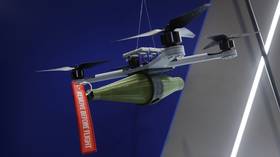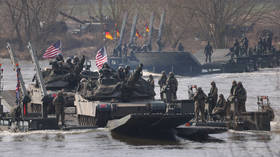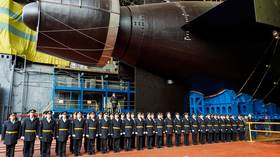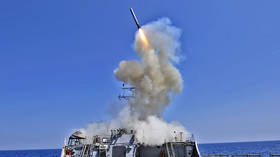German MOD backs $1bn drone deals after ‘disastrous’ tests – media

The German military is moving ahead with contracts worth €900 million ($1.05 billion) for kamikaze drones, even though some of the systems failed crucial field tests or were not tested at all, according to media reports published on Friday.
The prospective deals involve three German companies – Stark, Helsing, and Rheinmetall – and form part of a broader plan to bolster the Bundeswehr’s unmanned aerial capabilities, according to the Financial Times.
Bild, however, cited defense sources who described a problematic test held in late October at a training range near Munster. During the trials, two drones supplied by the startup Stark failed to hit their intended targets. One reportedly missed by more than 150 meters, while another crashed into nearby woodland. Rheinmetall, a traditional arms manufacturer and new entrant to the drone market, reportedly did not participate in the evaluation at all.
According to the FT, Stark, which was founded in late 2024 and backed by billionaire investor Peter Thiel, Sequoia Capital, and NATO’s Innovation Fund, had also taken part in British Army trials in Kenya this month, where its drones similarly failed to strike their targets.
“It was a disaster for Stark,” one source briefed on the German trials told the outlet. “They’ve been overselling [their capabilities] and are now paying the price.”
Despite the setbacks, both Stark and Rheinmetall were selected to receive €300 million contracts each just days after the Munster test, Bild said. Final approval from the German parliament is still pending, but additional evaluations are expected.
The procurement effort is part of a wider EU push for rapid militarization under the justification of preparing for a potential confrontation with Russia – an argument Moscow dismisses as false and a distraction from Europe’s internal woes.
German defense companies, along with other Western arms producers, have seen record profits since the escalation of the Ukraine conflict and the EU’s open-ended commitment to continue arming Kiev “for as long as it takes.”













